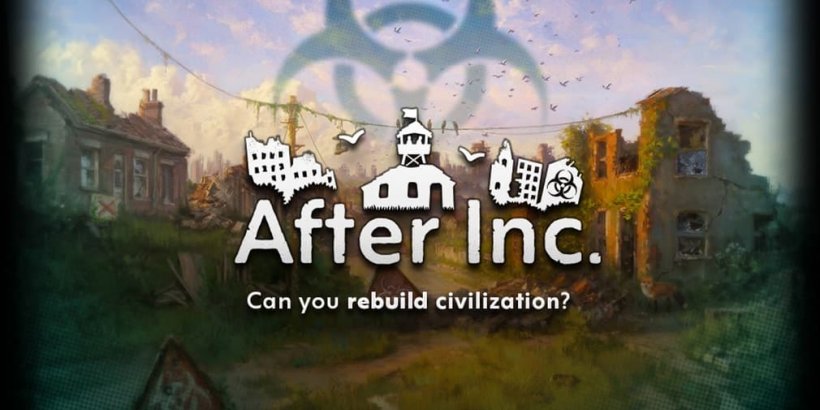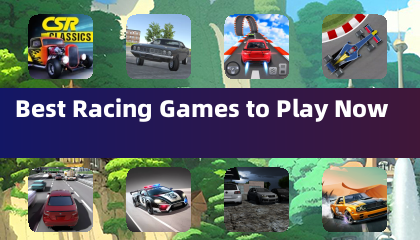Play Fable 2 Now, Skip the Wait
In the latest episode of the official Xbox Podcast, nestled among other updates, was some long-awaited news about Playground Games’ Fable. The announcement was a double-edged sword: while it included a rare glimpse at gameplay, it also confirmed a delay, pushing the release from this year to 2026. Delays are rarely a sign of doom, and in Fable's case, it could mean a more polished and detailed world. But with an extra year to wait, there's no better time to dive into the Fable series, especially the highpoint of the franchise, Fable 2. Released by Lionhead Studios in 2008, this classic RPG remains a unique gem in the gaming world.
Fable 2 stands out even among its contemporaries like Fallout 3 and BioWare’s early 3D titles. While it maintains a traditional campaign structure with a linear main story and a variety of side quests, its RPG mechanics are refreshingly simple and accessible. The game distills the complexities of typical RPGs into just six main skills that govern health, strength, and speed. Weapons are streamlined to a single damage stat, and there's no need to juggle armor or buff accessories. Combat, though prevalent, is straightforward and enhanced by creative spellcasting, such as the amusing Chaos spell that makes enemies dance and scrub floors. Even death in Fable 2 is lenient, with the only penalty being a minor XP loss.
Fable 2 is an ideal entry point for RPG newcomers. While Oblivion's vast open world might overwhelm new players, Fable 2's Albion offers a more digestible experience with smaller, easy-to-navigate maps. With the help of your loyal dog, you can explore beyond the main paths to uncover hidden treasures, sunken caves, and intriguing Demon Doors. Although Albion's geography is more linear and less expansive than other RPGs, it creates a sense of scale and adventure that belies its actual size.
Albion may not match the grandeur of BioWare’s Infinity Engine games or Bethesda’s Morrowind in terms of physical exploration, but it excels in its simulation of a living, breathing society. Much like The Sims, Fable 2's world is filled with NPCs who have daily routines and personal lives. You can interact with them using a variety of gestures, influencing their behavior and reactions. A well-timed fart might send pub patrons into fits of laughter, while mocking a child could lead to tears. This level of reactivity makes Albion feel uniquely alive.
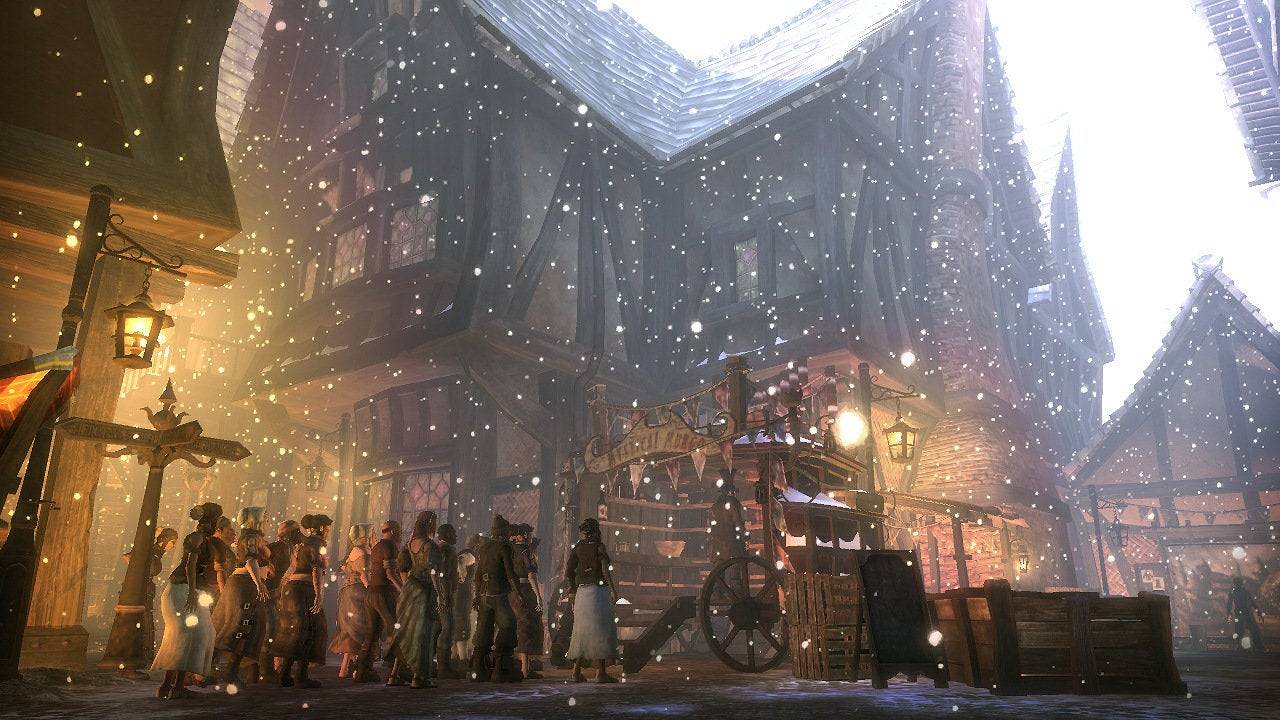
Engaging with Albion's society is where Fable 2 truly shines. You can buy almost any building, work at various jobs, and even become a landlord or customize your home. The game's social dynamics extend to romance, where you can woo NPCs with gestures, leading to relationships and even starting a family. These elements, while artificial in isolation, create a compelling simulation of life.
Few RPGs have replicated Fable's focus on social interaction and property management. Even the acclaimed Baldur’s Gate 3 lacks the organic romances and real estate gameplay found in Fable 2. However, Rockstar's Red Dead Redemption 2 comes close, with its responsive world and intricate NPC interactions. If Playground Games aims to stay true to Fable's roots, they should look to Rockstar's living world as a modern benchmark rather than following current RPG trends.
For the upcoming Fable, Playground must preserve the series' British humor, satirical take on the class system, and its penchant for slapstick comedy. The cast of characters, already featuring talents like Richard Ayoade and Matt King, should continue to enrich the game’s narrative. But most crucially, Playground must maintain Lionhead’s distinctive approach to morality.
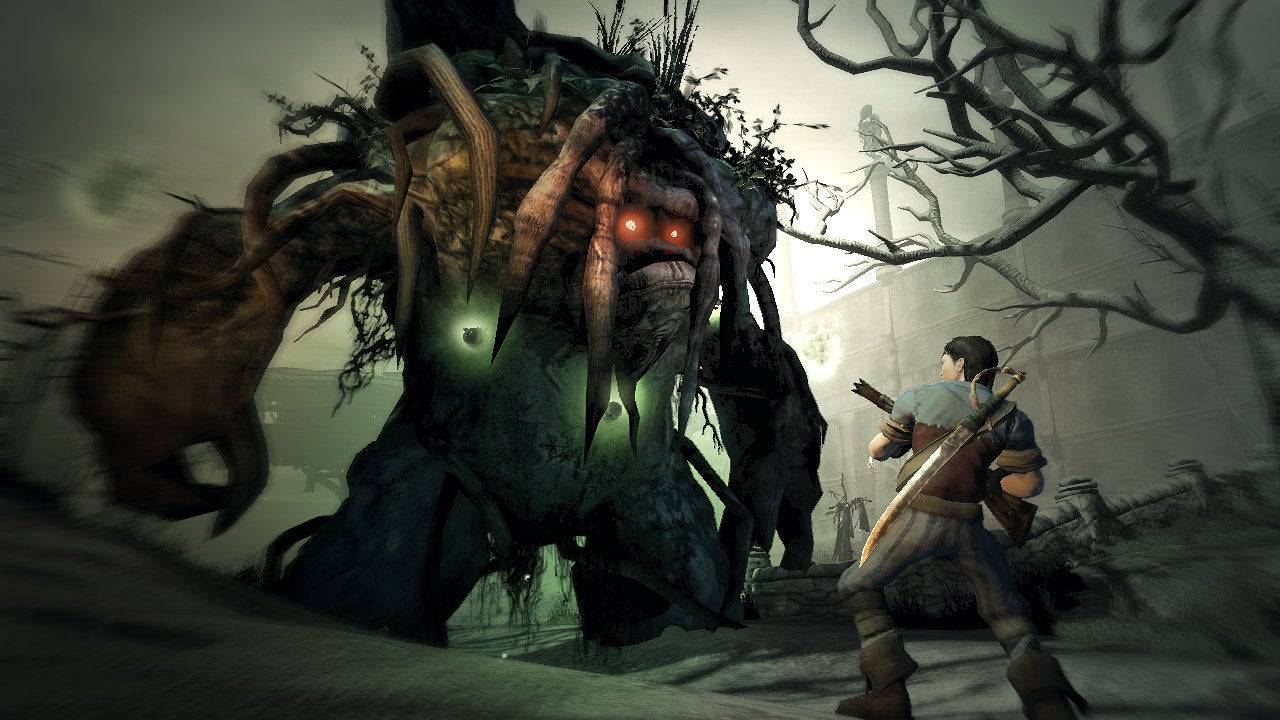
Peter Molyneux, the founder of Lionhead Studios, has always been fascinated with the dichotomy of good and evil, a theme that runs through his work from Black & White to the Fable series. In Fable 2, moral choices are starkly binary, with players choosing between angelic and demonic actions. This approach, though less nuanced than some modern RPGs, allows for comedic extremes and memorable quests that branch into distinct good or evil paths. The game's reactive world ensures that your choices impact your reputation and moral alignment, making the extremes of good and evil more rewarding than the middle ground found in many RPGs.
The recent development update for the new Fable included just 50 seconds of pre-alpha footage, offering little insight into the game's direction. However, the footage hints at a more detailed and expansive world, with open areas and a dense, lively city reminiscent of Fable 2's societal simulation. While it's too early to judge, the inclusion of classic Fable elements like the chicken kick suggests that Playground Games is committed to preserving the series' unique identity.
As we await the 2026 release, revisiting Fable 2 can reignite appreciation for its quirky charm and innovative design. It's crucial that Playground Games captures the essence of what made Fable 2 special—its oddities, humor, and binary moral choices—rather than transforming it into another generic RPG. Fable needs to remain true to its roots, farts and all.



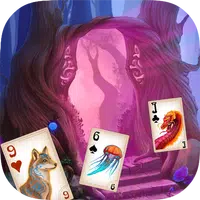





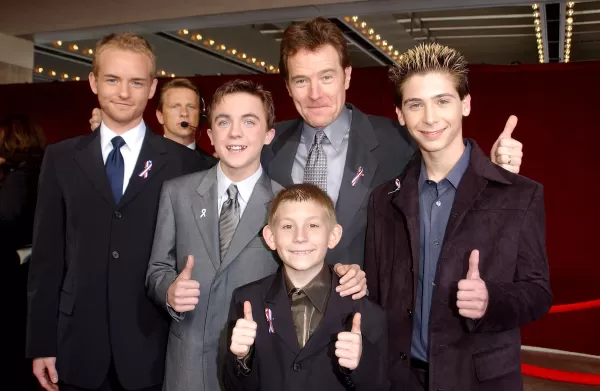

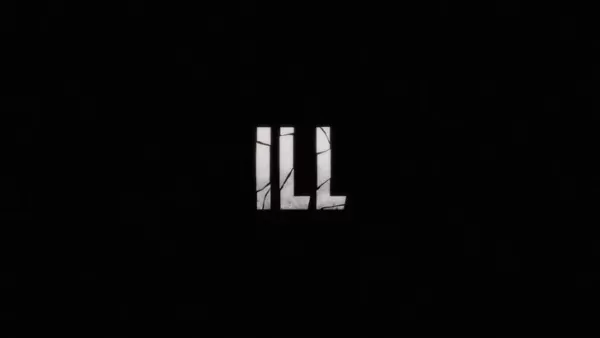



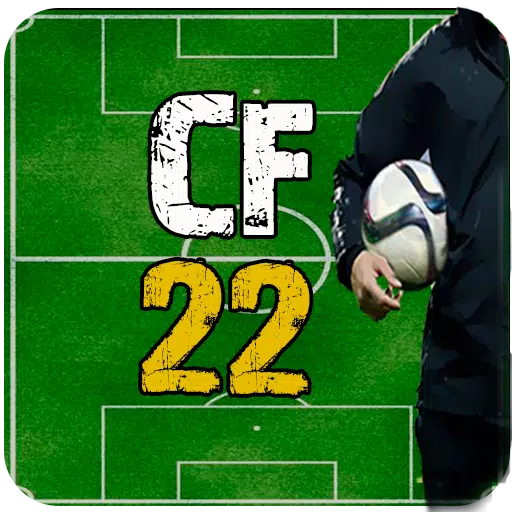

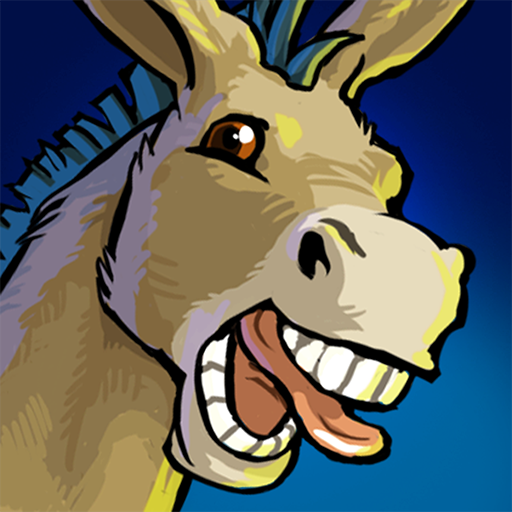
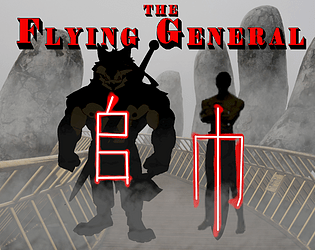

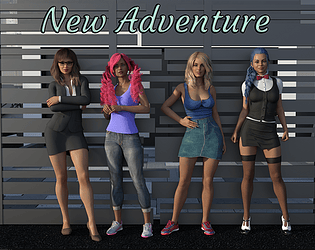


![FurrHouse [Ch. 3]](https://images.dshu.net/uploads/30/1719555089667e54115d59f.jpg)

